Learning Disability or Learning Problem?
October 2nd, 2011Does My Child Have a Learning Disability or Learning Problem?
Bonnie Terry, recognized as America’s Leading Learning Specialist, explains the difference between a learning problem and a learning disability and then gives you several steps you can take to help your child improve their skills in just minutes a day on the FOX News Morning Show.
(There is more information on learning and how to improve learning skills below the video.)
[video_item title=”FOX 40 LD vs Learning Problems 9-12-11″ link=”https://btl-website-videos.s3.amazonaws.com/FOX%2040%20LD%20vs%20Learning%20Problems%209-12-11.mp4″ poster=”” description=”” author=”Bonnie Terry” contributor=”” publisher=”Bonnie Terry Learning”]
What is the difference between a learning disability and a learning problem?
The difference between a learning disability and a learning problem is how much the problem interferes with learning. It is the degree of the problem – and you can be gifted and have a problem and end up working harder than you need to. Homework time can be long and almost painful when there is something interfering with your learning. A learning disability is when you have a cluster of learning problems that impact learning. We actually find out the root cause of why you struggle.
What are some tell-tale signs of learning problems that may be part of a learning disability?
When a student takes too long to do their homework, when they don’t like reading or don’t like math – those are learning problems that may warrant looking at because there is a reason for it. For example, children want to learn how to walk and talk – and even read early on, but when reading is hard, they decide they don’t like it – they don’t even know that it is hard – they just prefer not to do it. Same thing with math, when you don’t like math, it’s because something is interfering and making it harder than it needs to be. When you have a cluster of those learning problems, that’s when they become a learning disability.
Signs of Learning Problems:
- Take too long to do their homework
- Know they have an assignment but can’t remember what it is
- Have trouble understanding directions
- Doesn’t seem to work up to their abilities
- Doesn’t like to read or struggles with reading
- Doesn’t like math
Is there anything a parent can do to help their child improve their skills even if they have a learning disability?
Yes, there are several things parents can do to help their child with learning problems or a learning disability. For example, reading fluency, the ability to read smoothly with ease is necessary for reading success. Parents can do reading fluency training with their child very easily. We use our Five Minutes to Better Reading Skills for that. After spending five minutes improving their child’s reading fluency we suggest that you play games like the Comprehension Zone because it can be played for reading as well as listening comprehension. Finally, you can teach your child study skills – we do that with our Ten Minutes to Better Study Skills, and of course, read with your child.
We always hear that it’s important to read with your child – that just reading more will help – is there a special way to do that that will make a bigger difference?
Reading to your child and with your child is vitally important to reading success but the next step is even more critical. The next step is to ask the right questions after reading. You can actually even just read a few paragraphs or a few pages and then ask the usual suspects – the who, what, when, where, how, and why BUT then you need to ask about sizes, shapes, colors, scenery, movement, and mood. Those questions help one to visualize what you read or listened too. That’s when you get true comprehension – when you can picture what you have read or listened too. You can have your child write those things down in the fill-in-the-blank graphic organizers that are found in our Ten Minutes to Better Study Skills too, because writing is the doing part of thinking.
Remember, with just a few minutes a day you can help your child with their learning skills even if they have a learning disability!







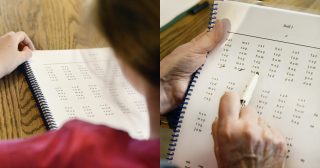

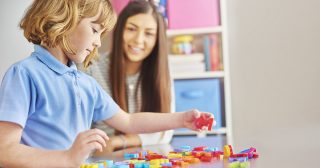

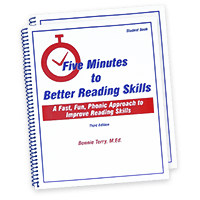
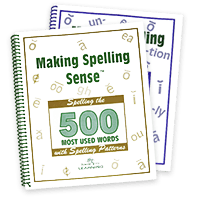
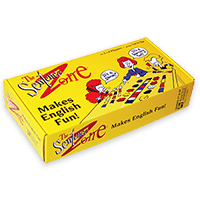
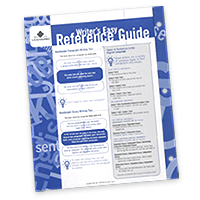
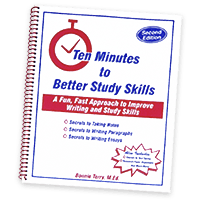
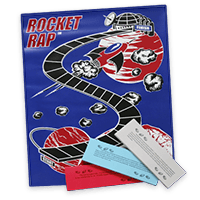
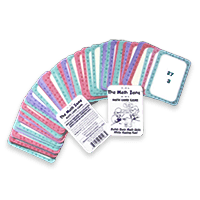
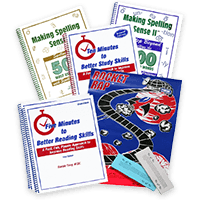
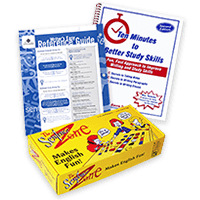
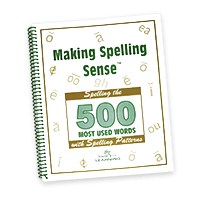









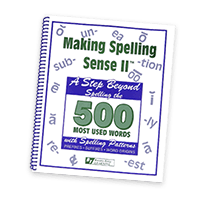
learning disabilities can be remedied by some other forms of therapy. *